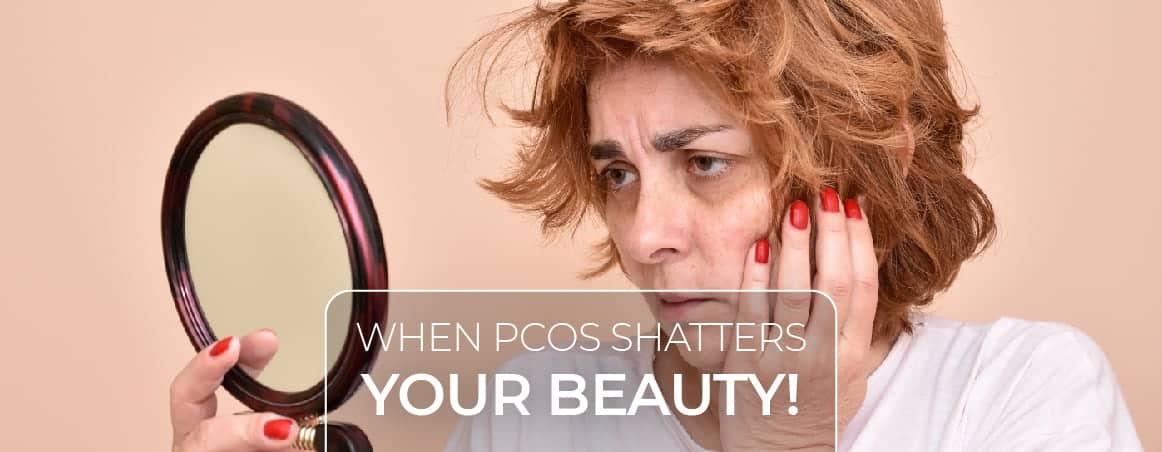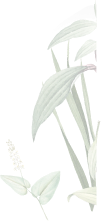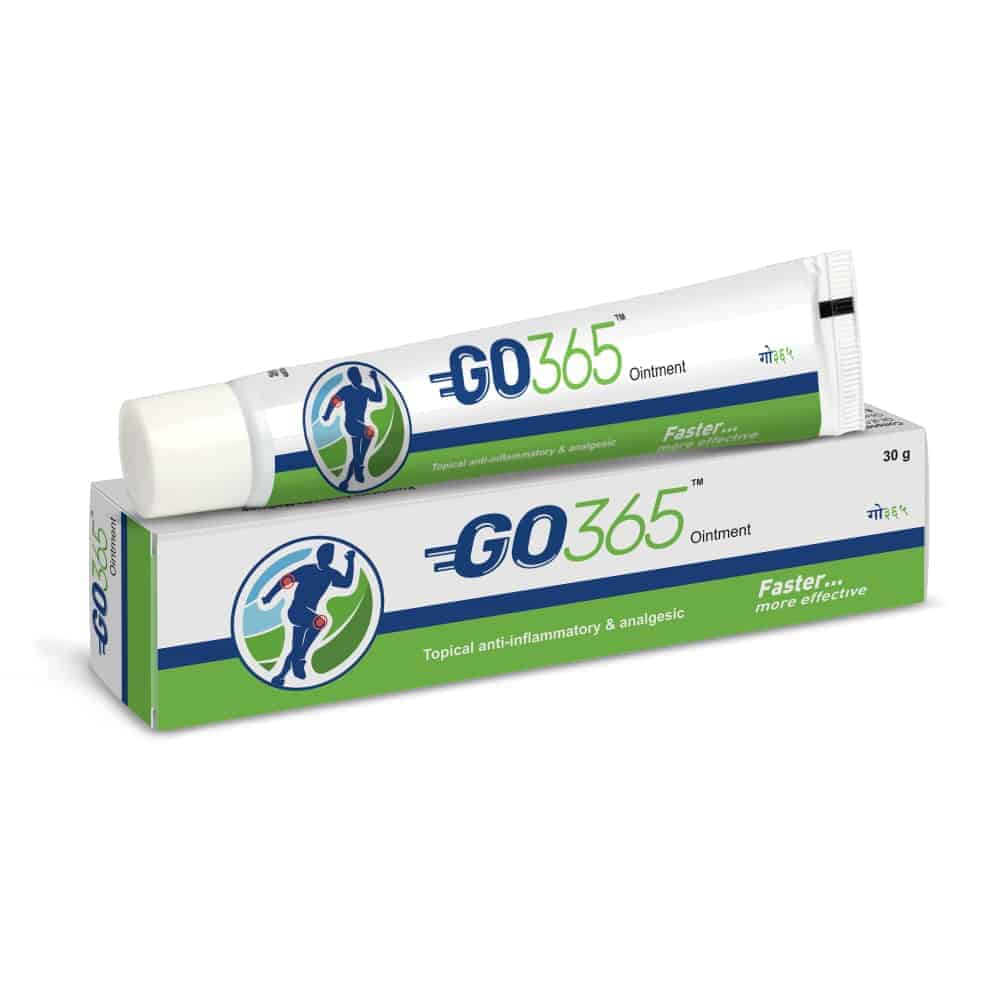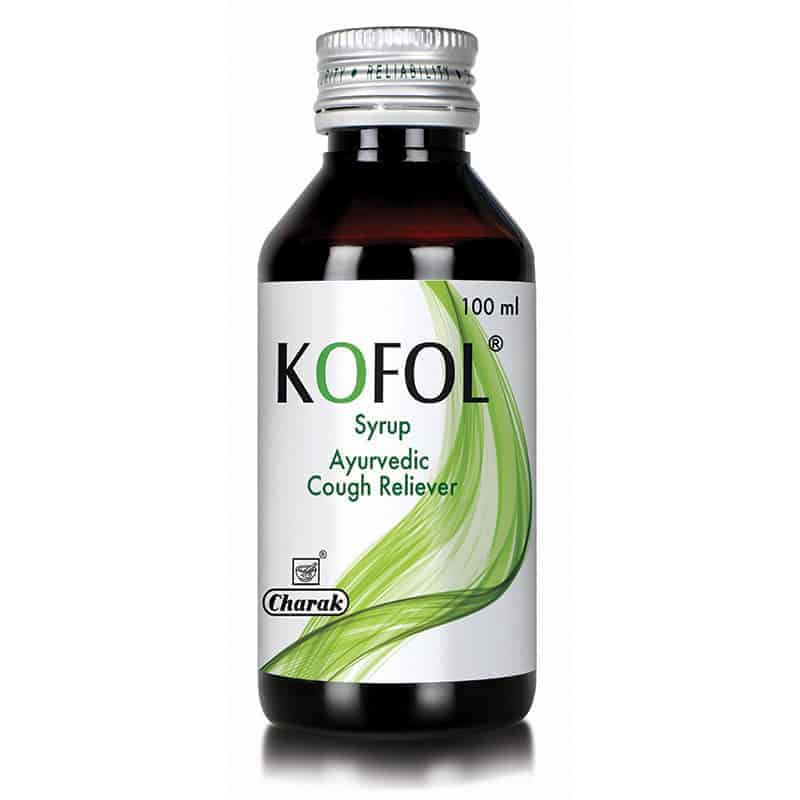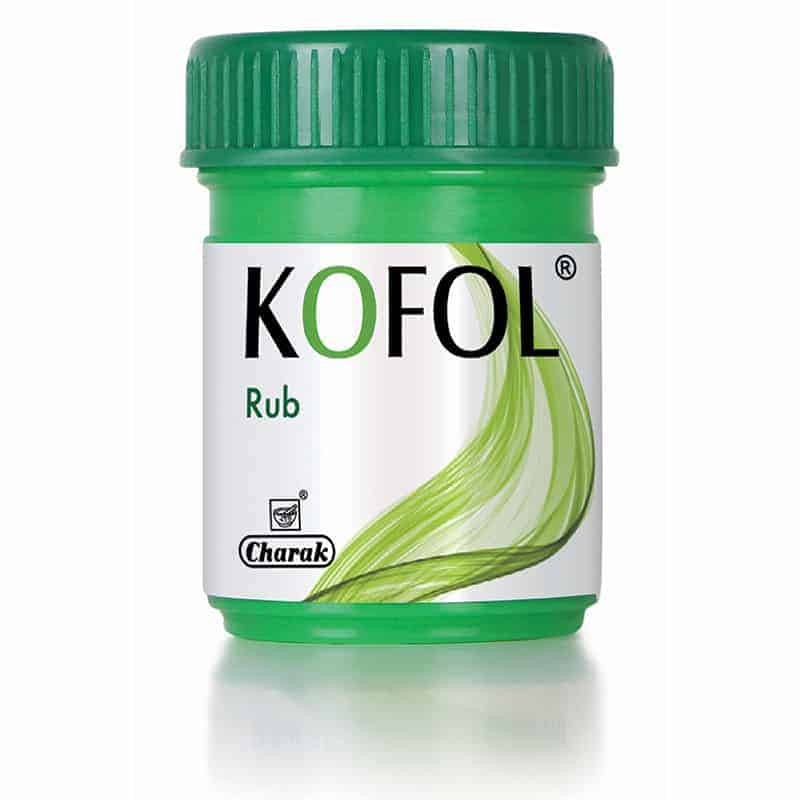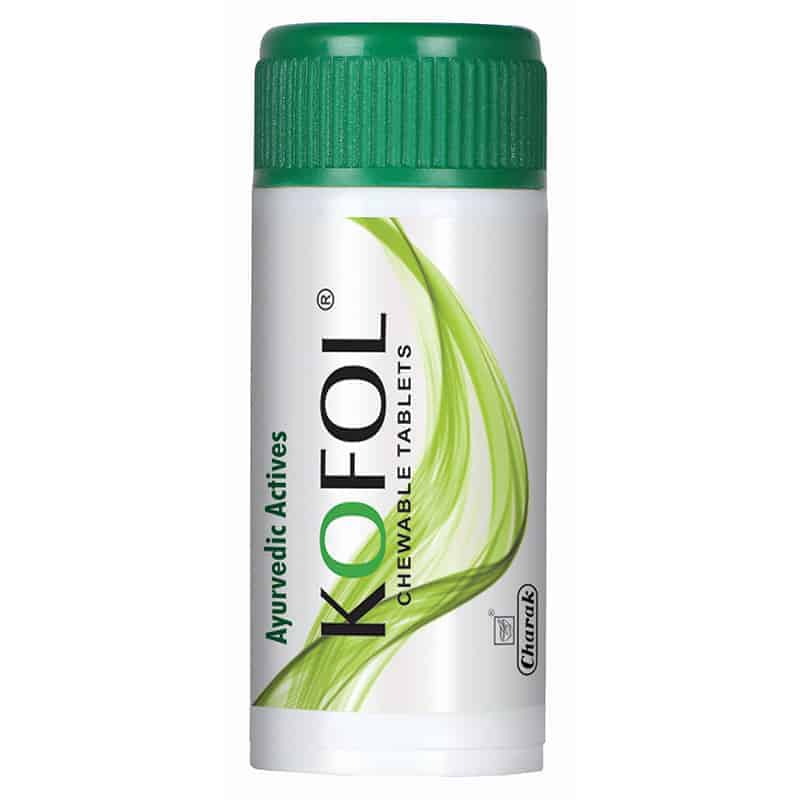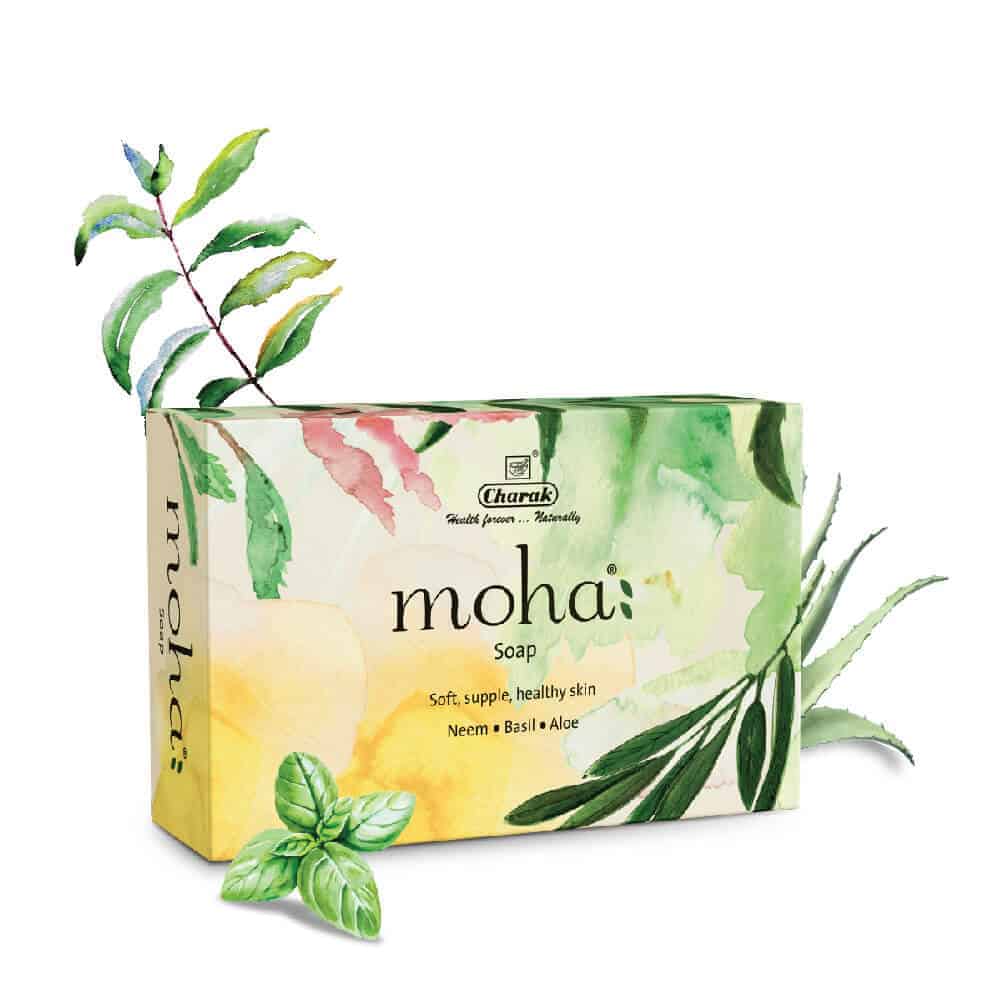Are you suffering from cosmetic problems because of PCOS? Do you have excess facial hair? Are you facing low self-esteem, avoiding social situations, depressed because of acne and unwanted excess facial hair?
ACNE is the most common and most hated of all the PCOS symptoms. Most people with acne are teenagers and young adults, but the condition can persist into adulthood. Untreated acne can cause temporary skin discoloration or permanent scarring.
Acne affects a large percentage of women with PCOS and is something you simply cannot ignore. It is very painful for PCOS women to have acne.
The acne is the outward manifestation of inner inflammation combined with an elevated level of androgens (male type hormones) in PCOS patients. The high levels of inflammation trigger still higher systemic levels of androgen. The higher level of androgens in PCOS can increase the size of the oil production glands on the skin, which can lead to increased acne.
In PCOS women, the bacteria on the skin have been demonstrated to be different from that of “normal” women. Additionally, the sebum, or oily material which protects our skin, is also unique in PCOS women, its constituent fatty acid components are not the same and have reduced capability to fight off infection, hence the development of cystic, difficult to cure acne.
The success rate of conventional treatment for acne in PCOS is much lower than others; only about one in three has long-term benefit. Also it has many side-effects such as headaches, dry eyes, cracked lips, bleeding gums, and fatigue.
Avoid dairy products, avoid all wheat and gluten, all sugars and sweeteners, alcohol, white rice and corn, and all chemical and processed foods. You must control your stress, following healthy lifestyle is a key element of health and the management of your acne in PCOS.
Excess facial hair (hirsutism):
The prevalence of hirsutism in PCOS ranges from 70 to 80%, vs. 4% to 11% in women in the general population.
HIRSUTISM is a medical term for an excess of hair on the face and body due to high levels of androgens stimulating the hair follicles. This excess hair is thicker and darker. The hair typically grows in areas where it is more usual for men to grow hair such as the sideburn region, chin, upper lip, and around nipples, lower abdomen, on chest and thighs.
What causes hirsutism in PCOS?
In many cases, the exact cause of hirsutism is not known. However, there are several conditions that are known to cause hirsutism. These conditions include:
- High level of male hormone – androgens:
In women with PCOS, androgen levels are typically higher. The excess levels of them get into the hair follicles on the face and chest. As a result, excess androgens in hair follicles turn the very fine hair that normally grows there into thick, dark hair.
- Insulin resistance:
High insulin levels in PCOS, stimulate the ovaries to produce more androgens. They also reduce the amount of sex hormone binding globulin (SHBG). It is found that high insulin has a twofold impact on hirsutism.
The women try everything to tackle unwanted hair growth and acne. However, treating the root cause of the problem i.e. PCOS is the most important step in the management of acne and hirsutism in PCOS women.
HYPONIDD Tablets
HYPONIDD is the best ayurvedic medicine for PCOS on account of its role as an herbal insulin sensitizer. HYPONIDD in PCOS improves ovulatory function and corrects several metabolic derangements associated with insulin resistance. HYPONIDD decreases the insulin resistance and thereby, corrects the three axes namely metabolic, reproductive and steroidogenic. It reduces the free androgen level and hence, decreases androgenic features like acne, hirsutism, alopecia and acanthosis nigricans.
